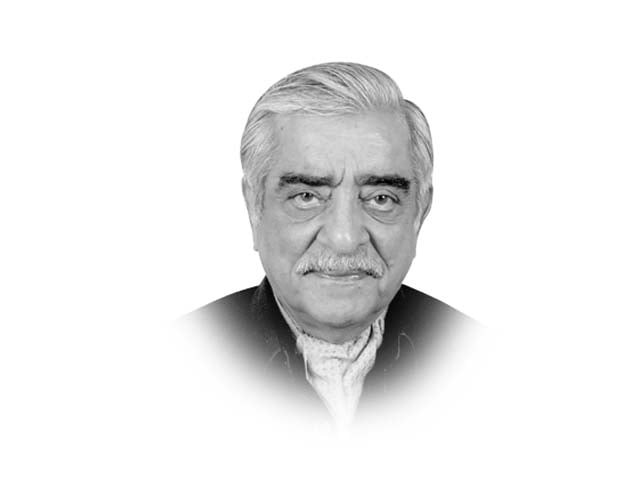Pakistan and Afghan reconciliation — III
Pakistan's safeguard in an Afghan reconciliation is our assistance and assurance to not permit foreign interference.

Pakistan and Afghan reconciliation — III
Fifth, the present prism of security first and security last through which our military and, by necessary extension, our civilian leadership has viewed Afghanistan needs to be critically re-examined. It is certainly right for us to want in Afghanistan a friendly government that will not allow the use of its territory for activities aimed at destabilising Pakistan. This is an issue that can and should figure at the November meeting in Istanbul where apparently Afghanistan’s neighbours and near neighbours will offer pledges to help stabilisation in Afghanistan and not to seek to use Afghanistan for any purpose detrimental to Afghanistan or any of its neighbours.
Let us also acknowledge that a measure of hostility will be on display from whatever government is in power in Kabul because domestic political compulsions will require them to raise the question of the Durand Line. This is a situation that prevailed even when the Taliban regime, theoretically totally beholden to us, was in power in Kabul. The best safeguard against a hostile Afghanistan is, however, to create a measure of economic interdependence. Today, Afghanistan as a landlocked country conducts its foreign trade largely through Pakistan. Pakistan in turn can use Afghanistan for its trade with Central Asia and, more importantly, for bringing fossil fuel from Turkmenistan and Uzbekistan, and electricity from Tajikistan into South Asia. For Pakistan, this is an urgent need since this would be the most economical route for the import of the energy Pakistan needs. It will also be a source of revenue, as Pakistan itself becomes a transit country for the export of this energy to India. Sixth, we must recognise that even while Pakistan ceases to interfere in Afghanistan — currently it is the country most often accused of doing so — there has been a long history of Afghanistan’s other neighbours and near neighbours also doing so perhaps without attracting the same measure of opprobrium. It is also a fact that Afghans have for the last many decades become rather expert at inviting such interference to strengthen their own position in internal power struggles. At this point of time there will be an even greater urge on the part of some of these countries because of the presence of American bases.
Clearly it is Afghanistan’s hope that at the Istanbul meeting of Afghanistan’s neighbours pledges of non-interference will be made with serious intent. This hope may not be realised even if Afghanistan is able to state that the American military presence will be wound up as soon as reconciliation has been worked out and a durable peace is established. The only safeguard would be that the reconciliation that the Afghans work out among themselves with our assistance is such that no Afghan faction feels it necessary to invite or permit foreign interference. Seventh, Pakistan has suffered the fallout of the situation in Afghanistan to a much greater extent than any other neighbour or near neighbour. For no other country is the restoration of stability in Afghanistan more important than it is for Pakistan. Success in efforts to expel or eliminate the foreign militants who have found shelter on our soil and have, because of the connections they have established with domestic extremists, made difficult if not impossible the task of de-radicalising our social polity depends on stability in Afghanistan and that in turn depends on an acceptable reconciliation.
(To be continued)
Published in The Express Tribune, August 31st, 2011.















COMMENTS
Comments are moderated and generally will be posted if they are on-topic and not abusive.
For more information, please see our Comments FAQ